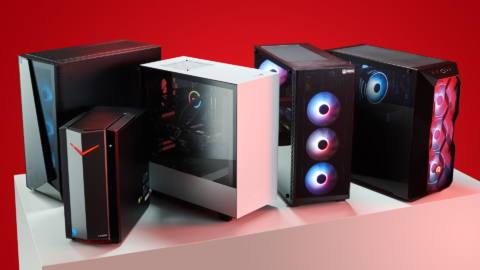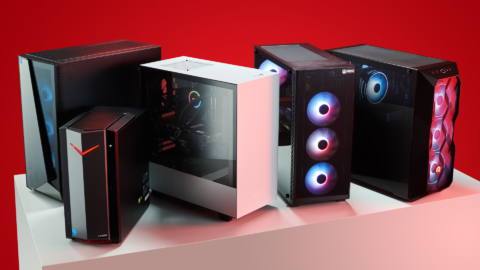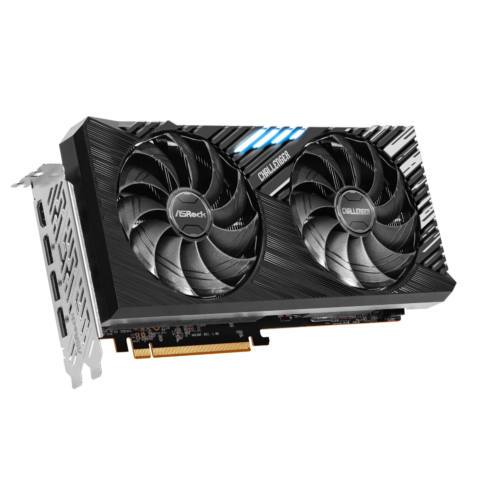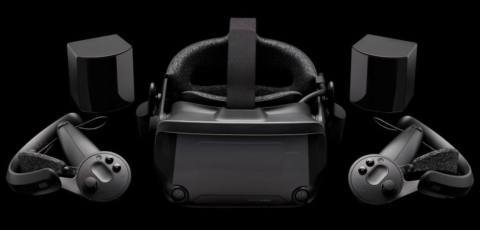Nine months ago, we reported a problem with SD cards being ruined by the ROG Ally handheld gaming PC. Back then, Asus said that heat was the issue and released a BIOS update to adjust the fan speeds. How successful that fix was is unclear but Asus has now announced a 12-month warranty extension for the device's SD card reader, which suggests all is still not well.
News of the change (via Notebookcheck) hasn't been overly well received, with a fair number of negative comments on social media. The main focus of the ire is the fact that the extension only applies to customers in the US and that Asus is claiming that “a small number of SD card readers…may not perform as expected.”
Under dispute is the 'small number' part, though exactly how many customers have experienced the issue isn't clear at all. It's not happened to me, despite my best efforts to replicate the problem (even going as far as to block the air vents) but I do regularly update the firmware on the Ally. Since the problem first came to light, Asus has released nine BIOS files to fix several issues, though it oddly labels each one as being an 'optional' file.
If you do have an ROG Ally and you're based in the US, then you might take comfort in the fact that Asus now offers a 24-month warranty on the card reader (double the initial period). If an SD card gets damaged in the machine during this time, then Asus will “reimburse you for SD cards damaged by the SD card reader if you send the card(s) to us along with proof of purchase when you return your Ally for RMA service.”
If you don't have proof of purchase for the card, perhaps because you bought it long before you got the Ally, then the best you'll get is a “fair market value,” as determined by Asus.
Does the meatier warranty mean it's safe to buy an Asus ROG Ally, though, if you're planning on using SD cards with it all the time? After all, one might think that the warranty itself is proof that the issue hasn't been fixed completely and there's a chance that you might experience it.
I suspect that it's more down to the fact that BIOS updates have to be manually done and along with the fact that Asus marks them as being optional, there's a good chance that someone out there could have an Ally without the fan speed fix. That means they're more likely to experience the SD card issue than other users.
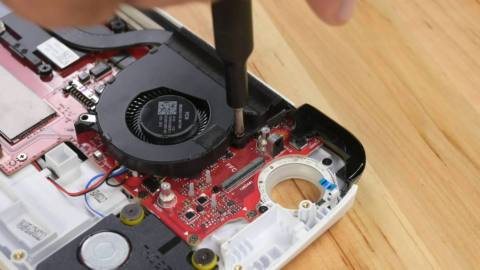
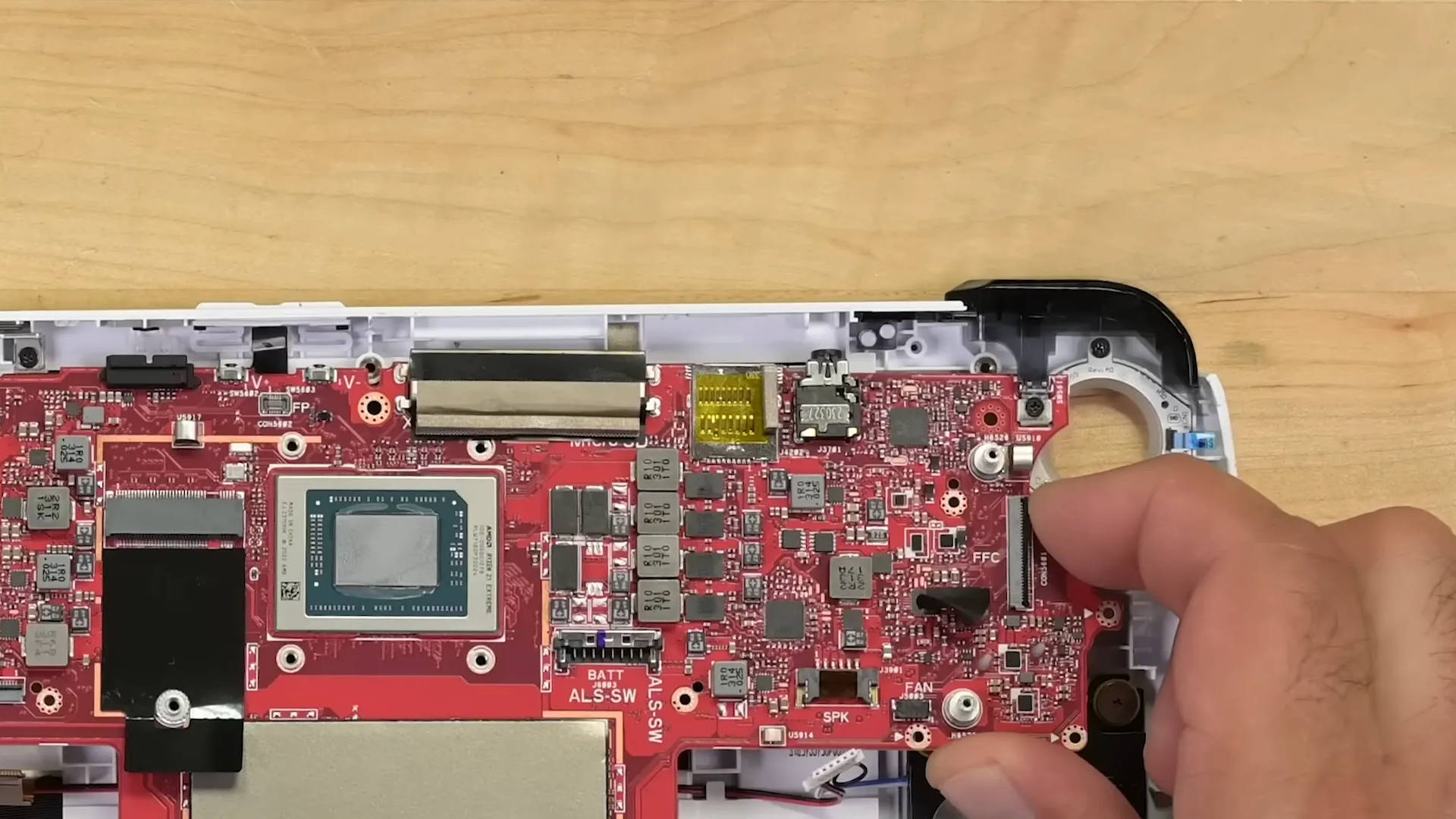
Of course, no BIOS update or warranty extension can ever solve a fundamental design flaw. If you're wondering what that just is, well you can see the problem in a teardown video by iFixit. The SD card reader sits directly underneath the right-hand heatsink and cooling fan assembly, which doesn't seem like the ideal location for such a component.
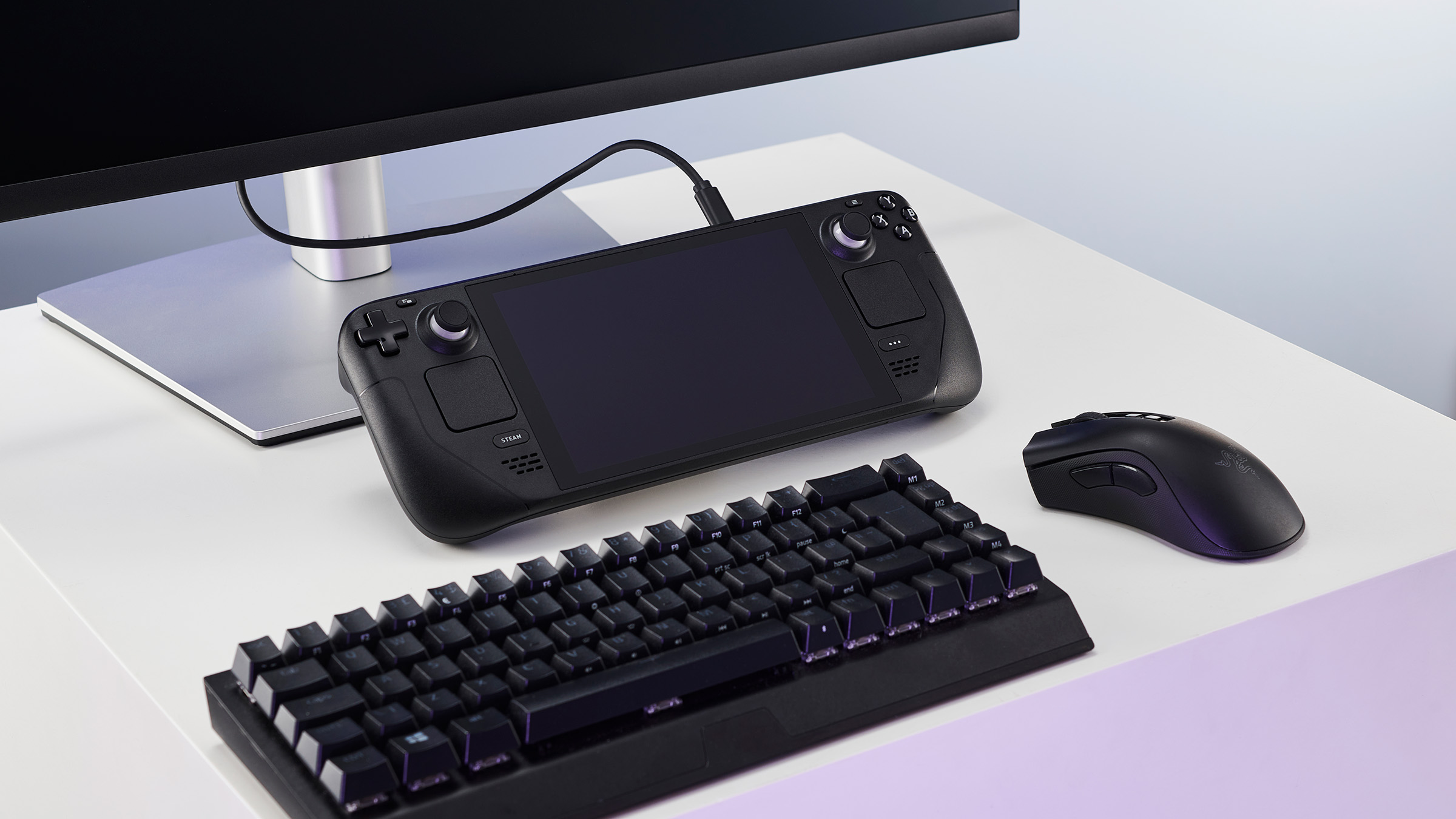
Steam Deck OLED review: Our verdict on Valve's handheld.
Best Steam Deck accessories: Get decked out.
Steam Deck battery life: What's the real battery life?
Best handheld gaming PC: What's the best travel buddy?
While industrial SD cards can withstand some pretty serious temperatures, the card readers themselves aren't perhaps as robust. They certainly don't seem to be in the case of the ROG Ally, at the very least. I wouldn't recommend using an SD card to improve the handheld PC's amount of storage, as you'd be far better off getting a better M.2 2230 SSD instead, as they're a lot faster and cheaper when you're in the terabyte size.
However, for sheer ease of transferring files, SD cards are ideal and given that the Ally can be turned into a neat little desktop PC, with the use of a suitable docking station, it seems that Asus' engineers didn't fully test their designs before putting the product on the market.
So to answer my own question—yes, the Asus ROG Ally is safe to buy, if you're not worried about using SD cards on it. However, if that's important to you, and you simply don't want to take the risk, then you'll be better off picking another great handheld gaming PC.



